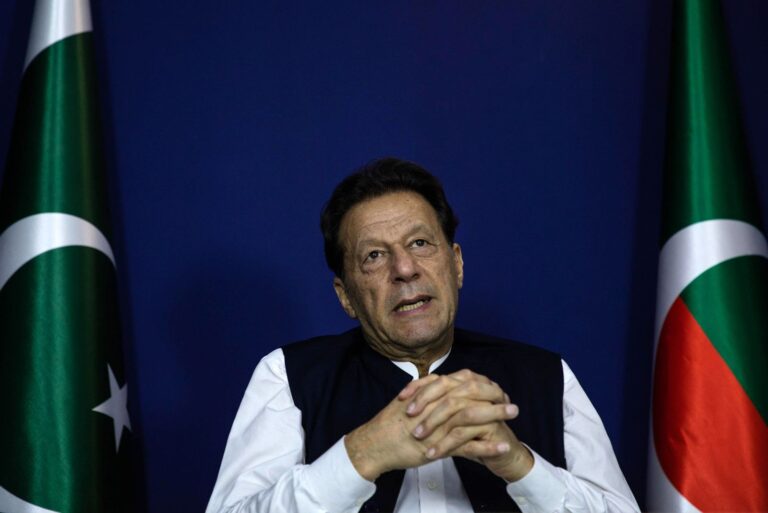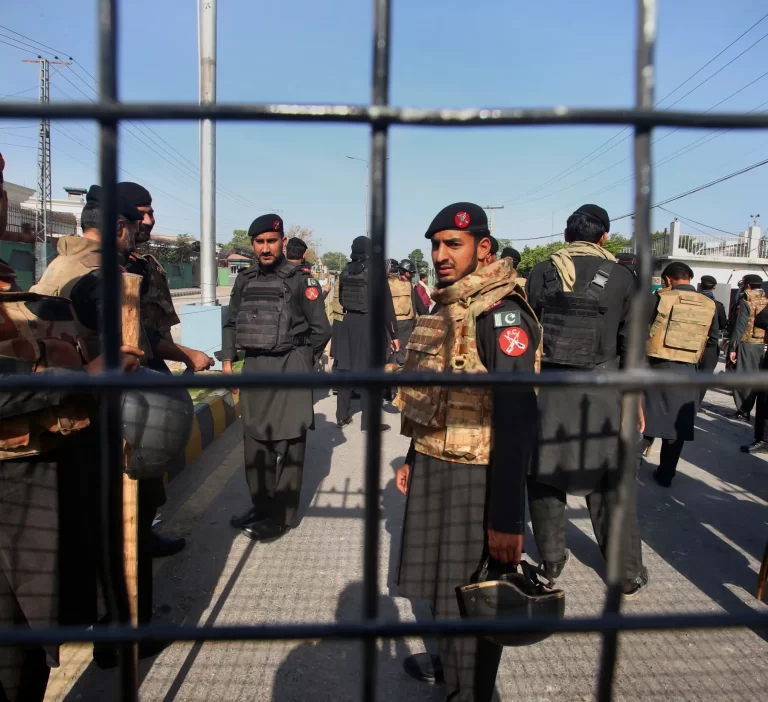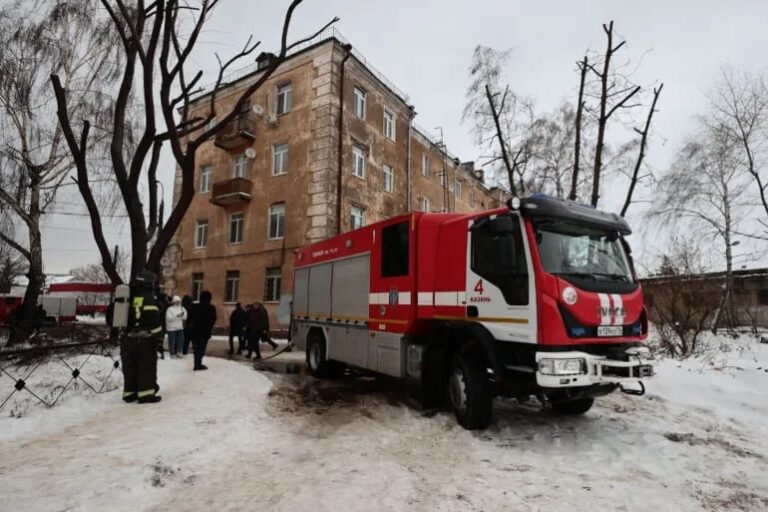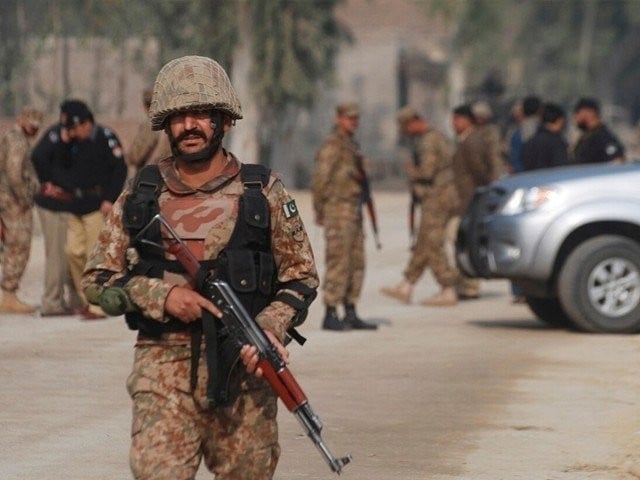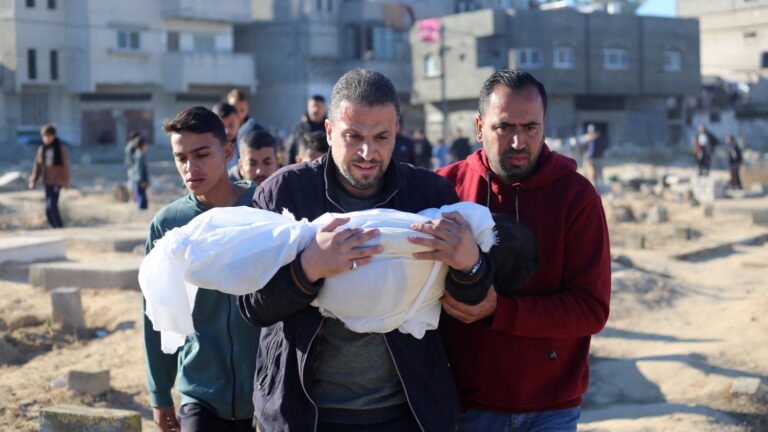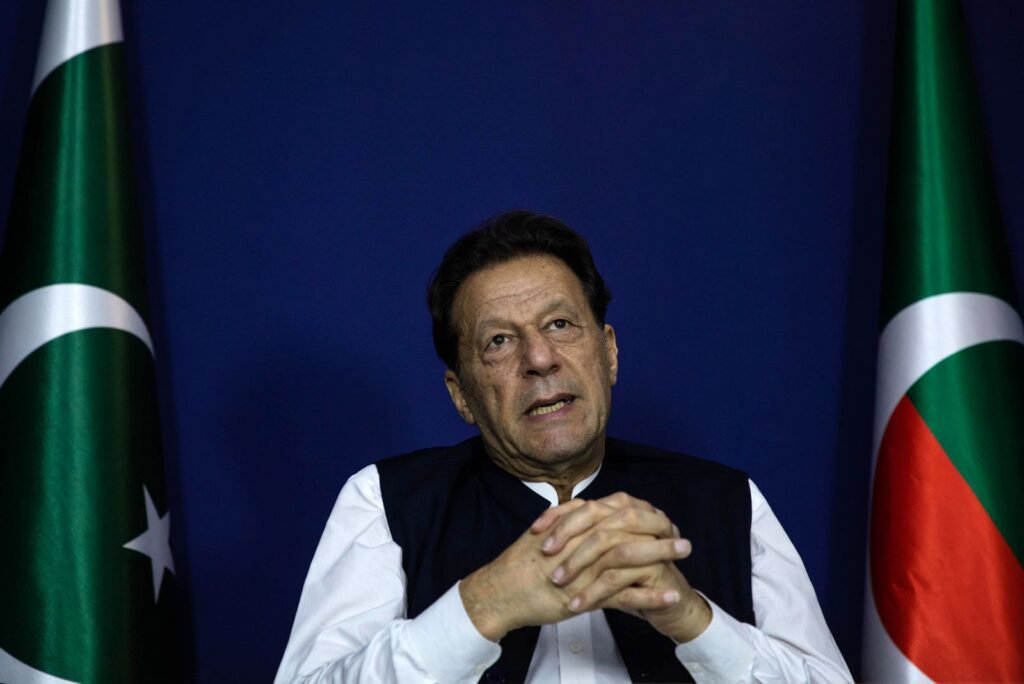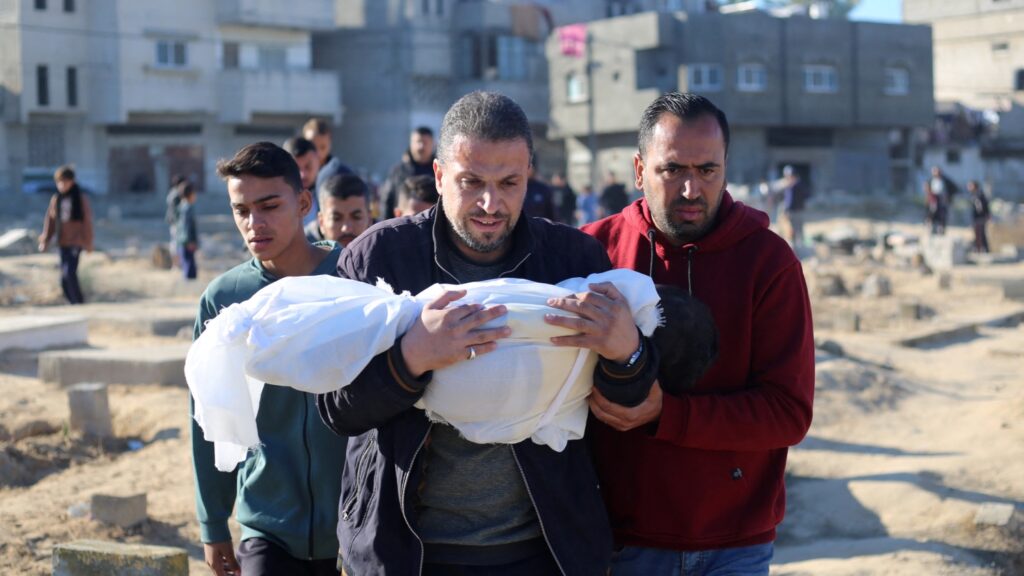Vladimir Putin has announced significant changes in Russia’s nuclear doctrine. This updated policy empowers Moscow to use nuclear weapons to defend both Russia and Belarus. These changes allow Russia’s deployment of nuclear warheads in Belarus. It lowers the threshold for using nuclear weapons and broadens the conditions for a nuclear strike.
During his annual Q&A session, Putin made the announcement of this changing policy. He proposed, “If the same threats are made against Belarus, we will ensure its security. This is a key part of the updated nuclear doctrine.”
Key Changes in Russia’s nuclear doctrine
First, any attack on Belarus will now be treated as an attack on Russia. Belarusian leader Alexander Lukashenko, a close ally of Putin, has allowed Russian nuclear weapons on Belarusian soil. Moreover, Russia will respond to “critical threats” to sovereignty, not just existential threats. This includes threats to territorial integrity.
The list of military dangers justifying a nuclear strike also has expanded. It now includes the use of weapons of mass destruction, military drills near Russian borders, attacks on hazardous facilities, and attempts to isolate Russian territory. Importantly, Russia no longer limits nuclear weapons to deterrence. The new policy allows preemptive strikes against “potential” enemies.
Impact on Global Tensions
The changes come amid the ongoing war in Ukraine and rising tensions with the West. The U.S. recently supplied Ukraine with long-range ATACMS missiles, which Kyiv has used to strike inside Russia.
Russian officials have issued strong warnings. Foreign Minister Sergey Lavrov said Russia’s nuclear weapons are in “full combat readiness.” Defense Minister Andrei Belousov predicted a direct conflict with NATO within the next decade.
Meanwhile, President-elect Donald Trump has signaled plans to bring Ukraine and Russia to the negotiating table. However, Ukrainian President Volodymyr Zelensky has rejected any compromise that freezes the conflict.
The international community has expressed concern over the shift. Many fears it could lead to an arms race and further destabilize global security. Russia’s new nuclear stance raises serious questions about the future of global stability. Many experts warn it could push the world closer to a nuclear confrontation.


